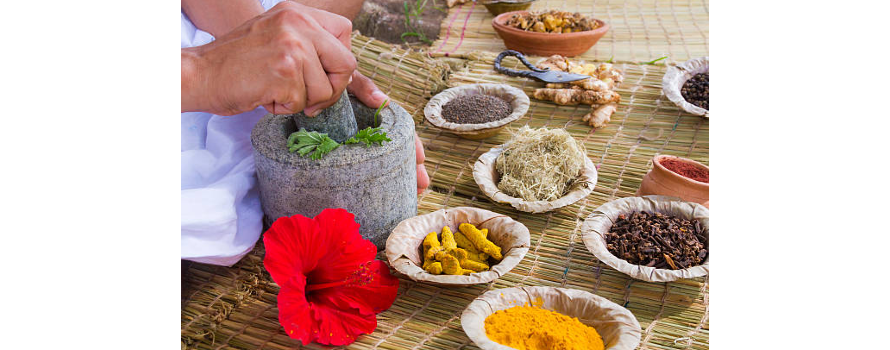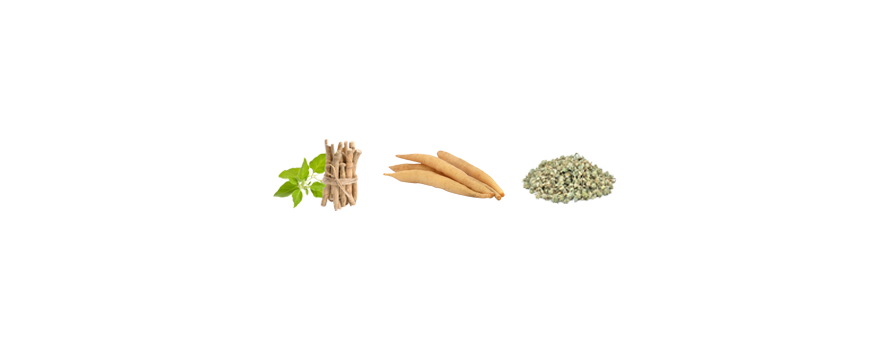Ayurveda is one of the few sciences that studies reproductive tissues outside puberty, pregnancy, and menopause. Furthermore, Ayurveda is the only system of medicine that looks at the menstrual cycle as a window into the human body. You can comprehend the Dosha imbalances your body is battling with on a month-to-month basis if you are familiar with and in tune with your menstrual cycle. Following an Ayurvedic diet for menstrual care can prove to be very beneficial for balancing and regulating your monthly cycle.
Menstrual blood, or rajah, is a by-product of lymph, or Rasa Dhatu, according to Ayurveda. What and how we eat has an impact on our Rasa. Blood will be bright red in a healthy cycle, and bleeding will last about 5 days. It does not have a terrible odour, and the quantity is just right. Any additional indicators of an imbalance include discharge, pain, mood swings, cravings, or heavy bleeding.
The Dosha dominating your cycle (
Vata, Pitta or Kapha
) should determine your Ayurvedic diet for menstrual care.
Vata-Vitiated Periods
- Vata possesses cold, dry, and rough properties that can cause a constricting sensation. Constricted blood vessels, dryness, and emaciation are also symptoms. Your uterine lining loses nutrients and begins to thin, resulting in less menstrual flow.
- Your period will be frothy, darker, and lighter in colour, with no mucus and a little flow. Sharp or prickling sensations in the back or lower abdomen accompany it. Anxiety or fear is commonly associated emotions.
- In this case, Ayurveda prescribes a Vata-balancing diet. Warm, mushy dishes cooked with ghee and spices are recommended. Soups, cooked fruits, hot rice pudding, and nutritious beverages are all good choices. When cooking, use healthy fats like ghee, flaxseed, or hempseed oil.
- Vata-aggravated symptoms can also be relieved by nourishing herbs like Ashwagandha or Shatavari, which can be eaten as drinks or cooked. Teas like Dashamula and ginger might also help to regain strength and steadiness.
Pitta-Vitiated Periods
- Pitta is characterised by its sharpness and heat. It causes the blood to heat up and flow, causing it to spread. Heavy menstruation is associated with swelling and discomfort. One sign is tender or swollen breasts.
- Your period blood will almost certainly be yellow or crimson, hot, meaty or pungent-smelling, and have a heavy flow. A burning sensation is associated with it usually. You are bound to feel irritated or angry.
- Blood cleansing is possible when you eat a Pitta-calming diet. Choose flavours that are inherently colder, such as sweet, bitter, and astringent. Fresh fruits and vegetables, barley, rice, oats, milk, butter, and green veggies are all good choices. Include herbs like Shatavari, Guduchi, and Brahmi in your diet. Avoid foods that are hot, spicy, salty, or oily. Sour foods can be consumed in moderation. Include cooler herbs (like coriander) and milder spices like ginger, fennel, and turmeric to flavour your food.
Kapha-Vitiated Periods
- The Kapha Dosha has dense, heavy, dull, and sticky characteristics. This eventually causes the system to become obstructed and blocked. During your menstrual and premenstrual phase, you will most likely feel bloated or swollen. Your menstrual flow is most likely mucoid, yellowish, heavier and longer. Itching and dull discomfort are also frequent. Bloating, water retention and yeast infections are some signs of Kapha aggravation.
- Light, dry, warm, and easy-to-digest foods are part of the Kapha-calming diet. Fruits and vegetables, both raw and cooked, are high in fibre and low in density. Apples, watermelon, and muskmelon are some fruits to eat during your period. Green and black teas are suggested frequently as alternatives to heavier liquids such as coffee.
- Avoid foods that are heavy, dense, or oily. These can aggravate your current symptoms. Dishes to avoid during your period include puddings, nuts, cakes, pies, wheat and grain products, red meat, and deep-fried foods. Even if you are on the correct diet, remember to keep your portions in check.



